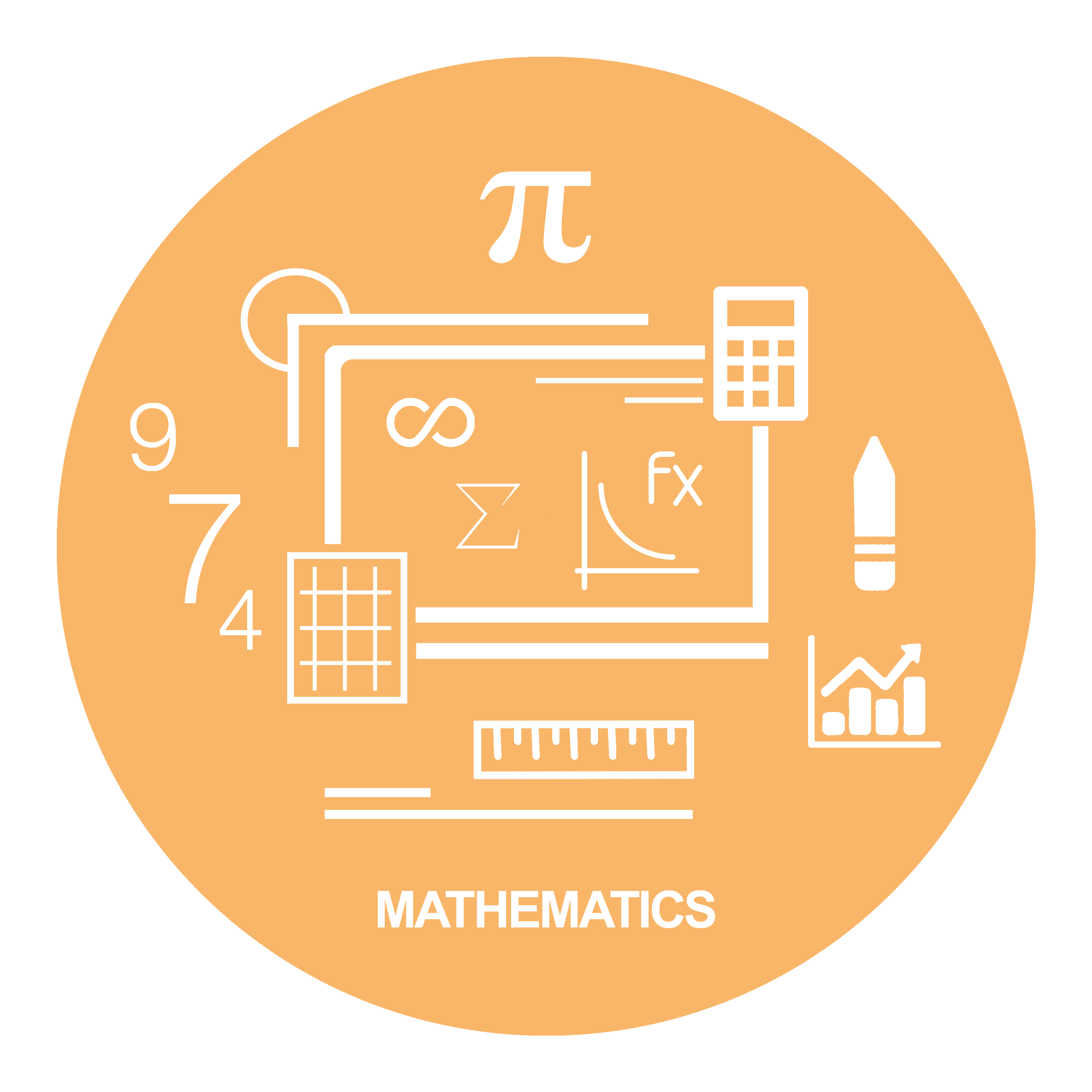The programme at a glance – 120 ECTS
-
Duration:2 years / 4 sem
-
Teaching languages:EN
-
Admissions:EU: 1 Feb 2026 – 15 Jul 2026
Non-EU: 1 Feb 2026 – 24 Mar 2026
-
Fees:400€/ sem. (semester 1,2,3,4)
-
Format:Full-time programme (Part-time student status allowed)
Our Data Science Master in Luxembourg
The Master in Data Science provides high-level multidisciplinary training conducted by renowned research teams from Luxembourg and abroad. The course relies on theoretical and practical aspects, and also involves projects and workshops. Master in Data Science can be taken either as a two-year four-semester programme, or as a four-year part-time programme. The courses are given in person and presence in class is compulsory. Part-time students share the same courses during the day as full-time students (no week-end and late courses are offered).
Find the answer to your questions
- Admission process and eligibility criteria (diploma recognition, language certificates, etc.).
- For specific administrative questions, see contact for students.
- Admission criteria for the Master Data Science programme.
- Recognition of prior experience
- Information about student life and cost of living.
Data Science courses’s brochure

Data Science Master’s scholarship
A scholarship is currently offered for this Master programme: the Guillaume Dupaix International Scholarship. For more information, please send your request to: scholarships.fstm@uni.lu
Strengths
- Addressing fundamental and practical aspects of Data Science
The programme trains students in modern data management and processing techniques. It also provides the mathematical foundations upon which these techniques are built. As a result, students acquire not only a high-level education in current data science techniques but also sufficient scientific knowledge to adapt and further their training for future advancements in this field. Finally, the programme offers students a diverse overview of the applications of data science, spanning the fields of life sciences, actuarial sciences, and economics among others.
- Variety of skills
The graduates acquire a broad spectrum of skills with cross-disciplinary applications: data mining, data cleaning and processing, data visualisation, statistical modelling, database management, workflow organisation, machine and deep learning.


News from the Data Science programme
Contact
For any question regarding the Master in Data Science, please send your request to





